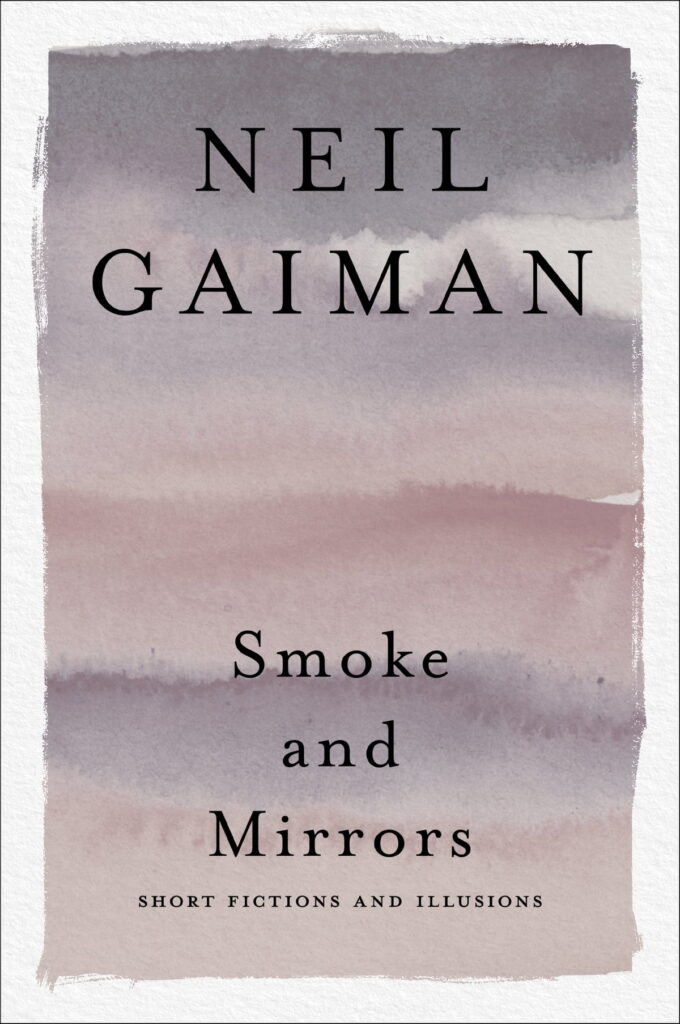“And the people watching the biopic, as golden, as beautiful, as changed as the people on the beach, knew that that was the end of it all. And in any way that Rajit would have understood, it was.”

Title: Changes (from Smoke and Mirrors)
Author: Neil Gaiman
Rating: 5/5 Stars
Link to book: Smoke and Mirrors
This was the short story that got me hooked on Neil Gaiman, you would probably have not heard of it. Smoke and Mirrors was also the first Gaiman book that I read! Till date, I have read about 80% of Gaiman’s books, and this particular story is still fresh in my mind from more than 10 years ago.
The premise of the story starts with a doctor finding a cure to cancer, but with the most bizarre side-effect – it changes one’s sex. This unintended side effect trickles down and affects the whole eco-system of society. Gaiman explains the whole series of events that alters society in a way that is realistically mind-bending.
Gaiman’s imagination is just out-of-this-world, and it just takes you to places you never knew could exist. He crafts the story with meticulous attention to detail and an uncanny understanding of the human condition. For example, parents in China used it to change their girls into boys (still under the one-child policy), Arabic females used it to become men to escape the country. People were abusing it for fun, leading to a black market for the product, gender reassignment surgeries became obsolete, religions were reacting to it, and so on… Following the widespread use of the drug, there arose a group of people with the ability to accurately spot someone’s birth sex (think of something like having perfect pitch). This ability always existed but had no survival uses until now, and these people were hunted for it. It just goes further and further and expands the limits of your imagination.
Needless to say, Gaiman’s writing is also impeccable. He is one of the writers that consistently shows the audience what he is talking about, instead of telling them. As a short story, it also progresses really quickly but we also see a steady character development with the protagonist Rajit, the founder of the cancer cure (and sex change). I particularly love this relatable analogy:
“The people on the beach think no more of him than a teenager with chlamydia gives thanks to Alexander Flemming. Most of them imagine that Rajit must be dead by now. None of them care either way.”
That is so true. We definitely take these researchers, doctors and scientists for granted. And it made me rethink my appreciation for them. At the end of the story (spoiler alert), Ranjit has cancer but refuses to take his own drug. The story ends beautifully with him collapsing on the beach in a sublime, poetic scene.
Gaiman cleverly blurs the lines between reality and fiction, leaving readers questioning the boundaries of the narrative world. His prose is atmospheric, evoking a sense of wonder and magic that permeates each narrative. Gaiman draws his characters so vividly, and their struggles and triumphs feel authentic, even in the most fantastical settings.
While the tale unfolds in a mere 10 pages, its profound themes are destined to resonate within your thoughts long after the last page is turned.